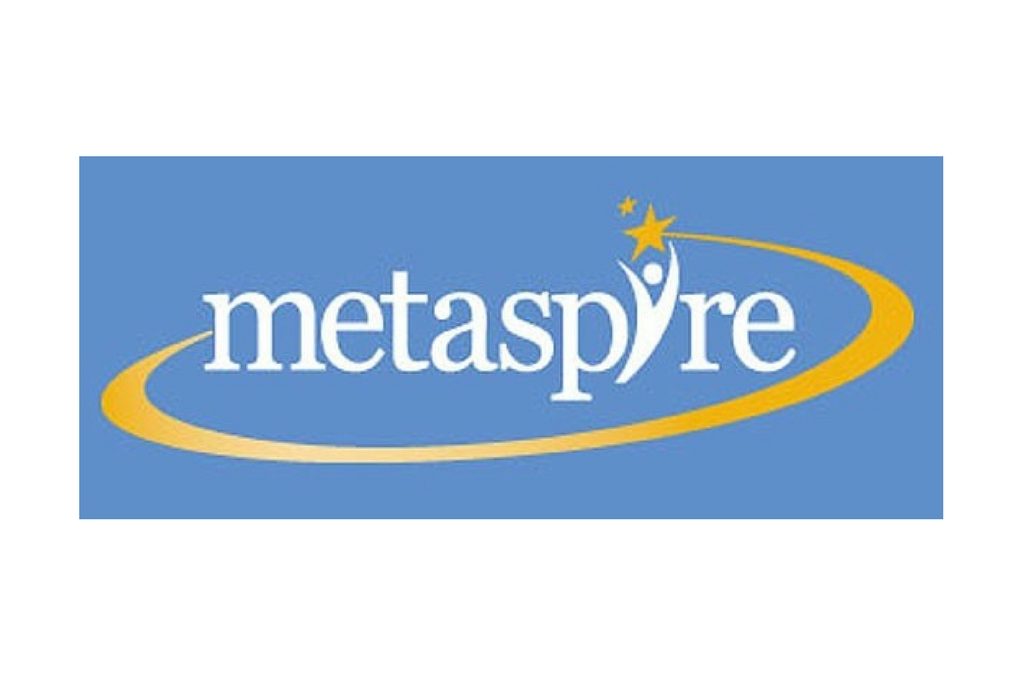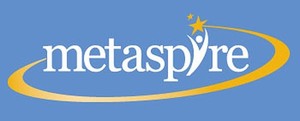“A consultant is someone who borrows your watch to tell you the time, and then keeps the watch,” stated advertising executive Carl Ally in 1965. This was further popularized by Robert Townsend, former CEO of Avis, in his book, Up the Organization (1970).
It is an unfortunate, but all too often a stubborn fact, that many consulting firms deserve the admonishment of their clients. But it is also unfortunate to paint all consulting companies with the same brush. That said, even consultants of the highest integrity must acknowledge that disparaging comments abound and cannot be ignored.
A reputable management consulting firm focusing on business process improvement is in the obvious position to look inward and using their own medicine, analyze their own industry. In a previous blog entry, Nina Segura came up with a list of “6 Common Deadly Wastes in Every Business.” As I look at the consulting industry, specifically process improvement related, I propose a list of six reasons why some consultants garner a rather poor reputation and offer commentary alluding to how Metaspire rises above the fray:
- Repackaging What the Client Already Knows: When a client hires a consultant, the expectation of the client is that the consultant will add value and offer real solutions. Carefully crafted presentations of proposals or activities will be meaningless to the client if they end up being simply a repackaging of preexisting processes. This is all too often witnessed in the implementation of technical solutions. Without analyzing and improving the process before applying the technology, you can increase and amplify any defects that existed in the process prior to automation. In other words: Garbage in – Garbage out… Only this time the garbage is produced at a much faster rate.
- Boilerplate Approach: While having intimate knowledge of and the ability to implement best practices are critical to the success of any BPM consulting company, a consultant should never utilize a boilerplate – or a one size fits all approach. As I will touch upon in the next sub-topic, industry best practice solutions must be tailored to the needs and goals of the business. It is one thing to possess the greatest and latest set of tools, but quite another when it comes to the expertise of knowing how to use them.
- Lack of Understanding of the Client’s Business: An all too familiar mistake that some consultants make is that they approach a project lacking a clear understanding their client’s business. It’s not enough to know about the business or industry, or to offer up boilerplate solutions. It’s imperative to do your homework and come to know the history, mission, goals, competitors and stakeholders related to the organization you helping to succeed.
- Not Listening: Consultants may be better known as good presenters and talkers, but the more skillful consultants are also good listeners. A consultant cannot come to a client with an “I know everything necessary” attitude and ignore what the client is saying. It is important that the consultant take the time to listen to the client in order to gain a clear understanding of their pain points or “pebble in their shoe.” In not carefully listening, the consultant can miss key elements therefore impeding the ability to make the best and most profitable recommendations.
- Poor Communication: In conjunction with not listening, a consultant can be unsuccessful by lacking clarity and relevance. In addition to being a good listener, the consultant must be apt at having open and useful dialogue. A good consultant must be prompt with responses, reports and feedback at all levels of the organization. Poor communication can be interpreted by the client as at best lack of ability or at worst as lack of caring.
- Myopic vision: There are times when some consultants get stuck in a “can’t see the forest for the trees” trap. As suggested to earlier under the Boilerplate Approach, it is critical for the consultant to see and understand the “whole picture” before taking on any form of analysis, let alone solutions. Once the consultant has identified all pertinent components and underlying forces, they will only then have enough information to start outlining how processes connect – or disconnect – and begin working towards devising effective solutions.
Metaspire has dedicated itself to learning from and improving upon the aforementioned deficiencies of some consulting companies. As our mission statement purports, “Our mission is to create the approach and designs necessary to sustain people, process, and tool changes.” While our talent is uniquely diverse in their skill sets,
Metaspire works in a homogeneous manner and treats each client’s business as if they were our own company. In partnering with Metaspire, you can rest assure you will not be taking a “leap in the dark” and that our success will only be gauged by that of your company’s.
Oh… and you will have your watch returned to you; working more precisely and with improved internal movements.


